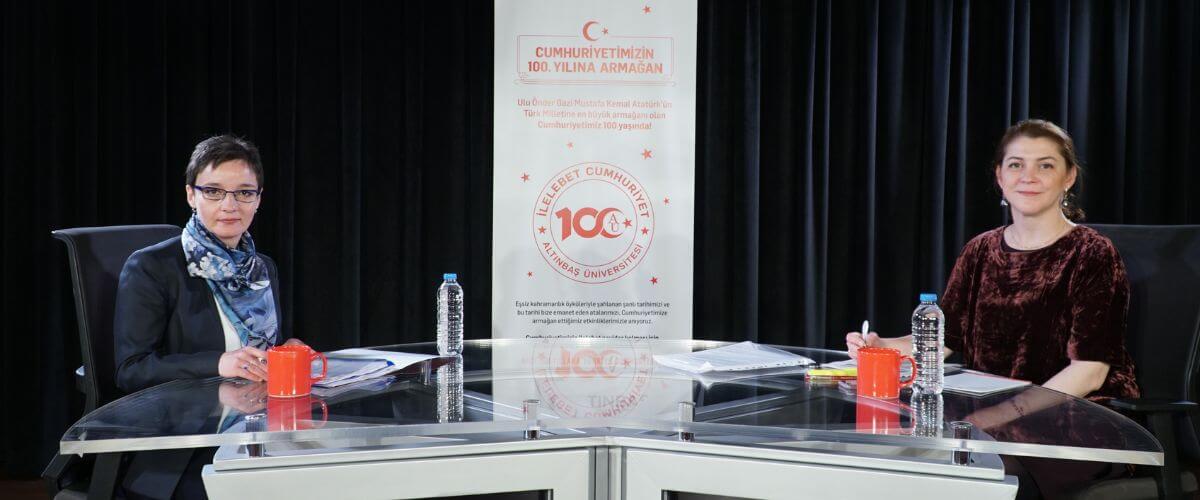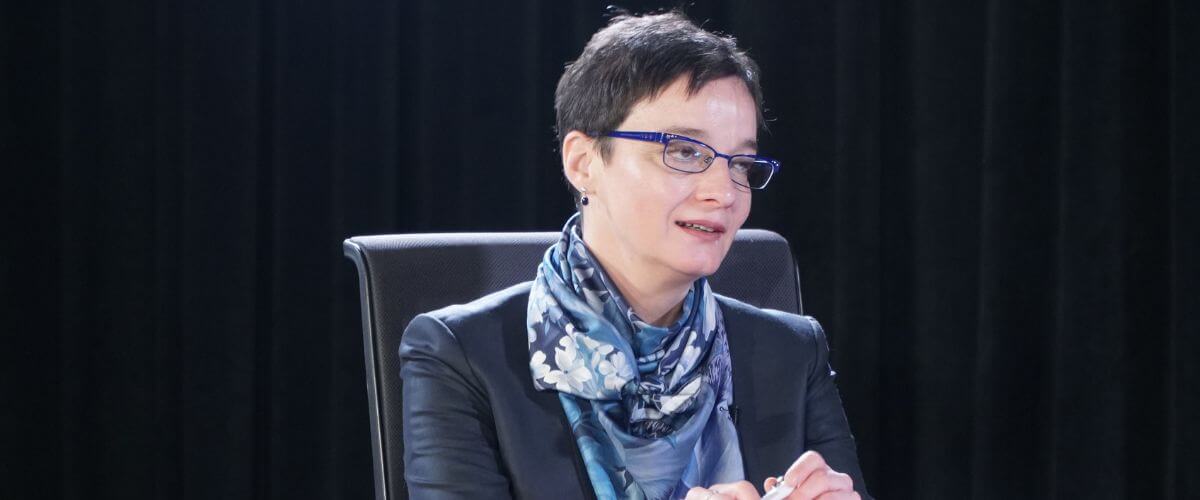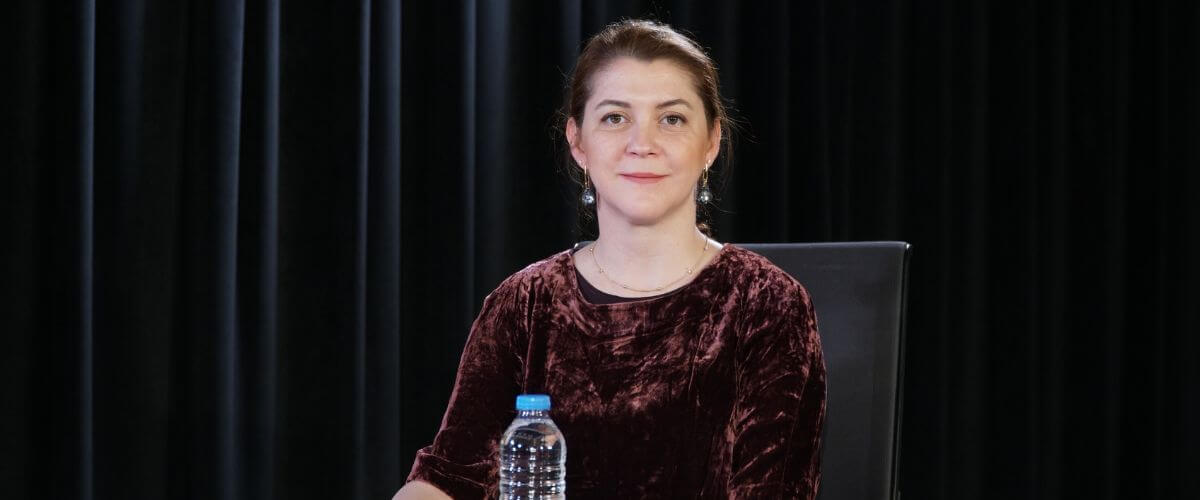A Close Look at State Climate Litigation
The global change in the average temperature of the world brings with it a climate crisis that can cause serious problems. The crisis, which has many dimensions, was discussed in the Wednesday Meetings-Law Talks, this time in terms of climate lawsuits.
Climate change is actually a topic that concerns all of us closely but is often overlooked by many. The global change in the average temperature of the Earth brings with it a climate crisis that can lead to serious problems. The coal, oil, gas, and even the waste we produce are all factors that contribute to the climate crisis in some way. Of course, governments are also obliged to take measures against the climate crisis.
This week, at the Wednesday Meetings of Altınbaş University, the topic was addressed in the Law Conversations. The discussion titled "Climate Lawsuits Involving the State: Comparative Assessments" was moderated by Dr. Nazile İrem Yeşilyurt from the Faculty of Law at Altınbaş University and Assoc. Prof. Dr. Bige Açımuz from Koç University.
Assoc. Prof. Dr. Bige Açımuz first clarified the Paris Agreement and explained its criteria. She stated, "Before the Paris Agreement, as you know, there was the Kyoto Protocol, which included various obligations such as greenhouse gas emission reduction obligations and had much stricter regulations. However, over time, states withdrew from this protocol one by one. The Paris Agreement emerged as a result of this. First of all, it is called the Paris Agreement, the word 'protocol' is not used. In other words, its binding nature in terms of national law has been taken into account. When we look at its obligations, there are reduction obligations, adaptation obligations, and technical regulations. In this context, we can say that there are two main aspects in combating climate change: Reduction and Adaptation. The Paris Agreement does not set clear targets for reducing carbon emissions; instead, it sets the goal of limiting the increase to 2 degrees."
During the discussion, it was emphasized once again that we are facing a serious threat at any moment. Açımuz stated, "Today, scientific research shows that carbon emitted 100 years ago is still in the atmosphere. Our lives are currently based on carbon emissions."
Açımuz mentioned the demands made during the discussion, stating, "Most demands involve judicial orders. There are demands for penalties, compensation, but usually the judge does not have such an order."
The discussion also focused on significant climate lawsuits from the past to the present, with particular emphasis on the Urgenda Case. This case, opened before the entry into force of the Paris Agreement, involves the Urgenda Foundation and the Dutch government. In this case, the Dutch government's greenhouse gas reduction obligation is questioned, and the decisions in this case affect many countries.




